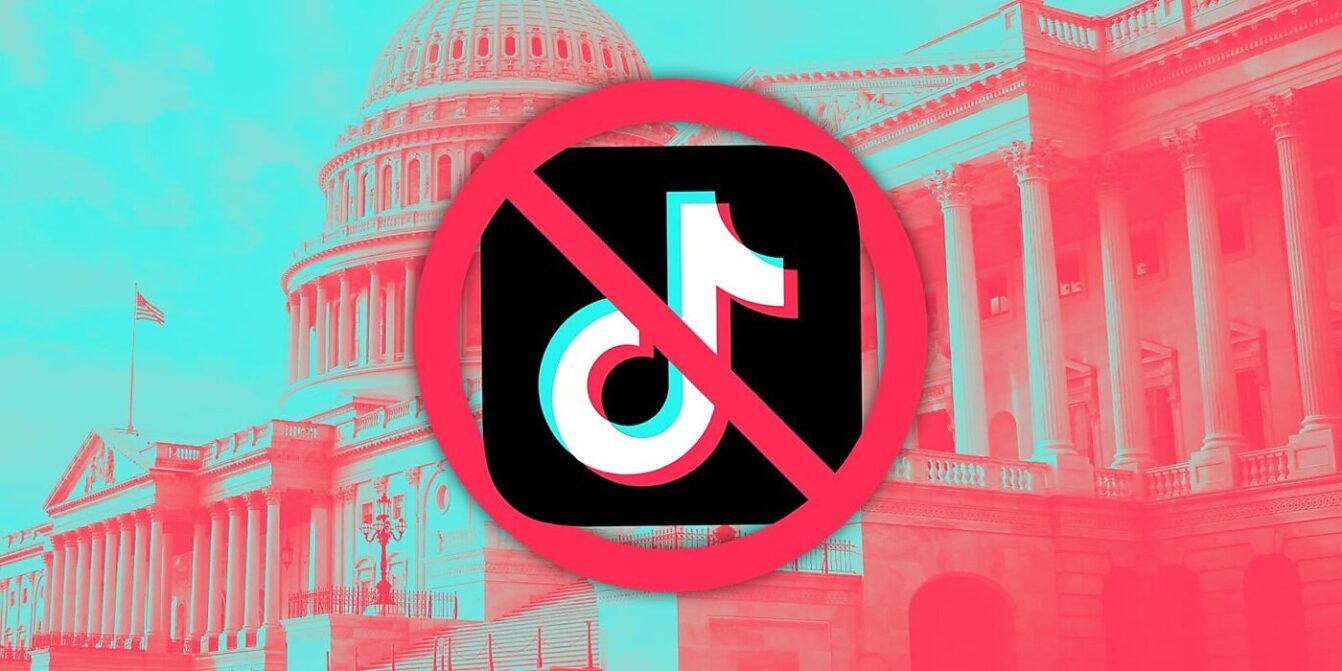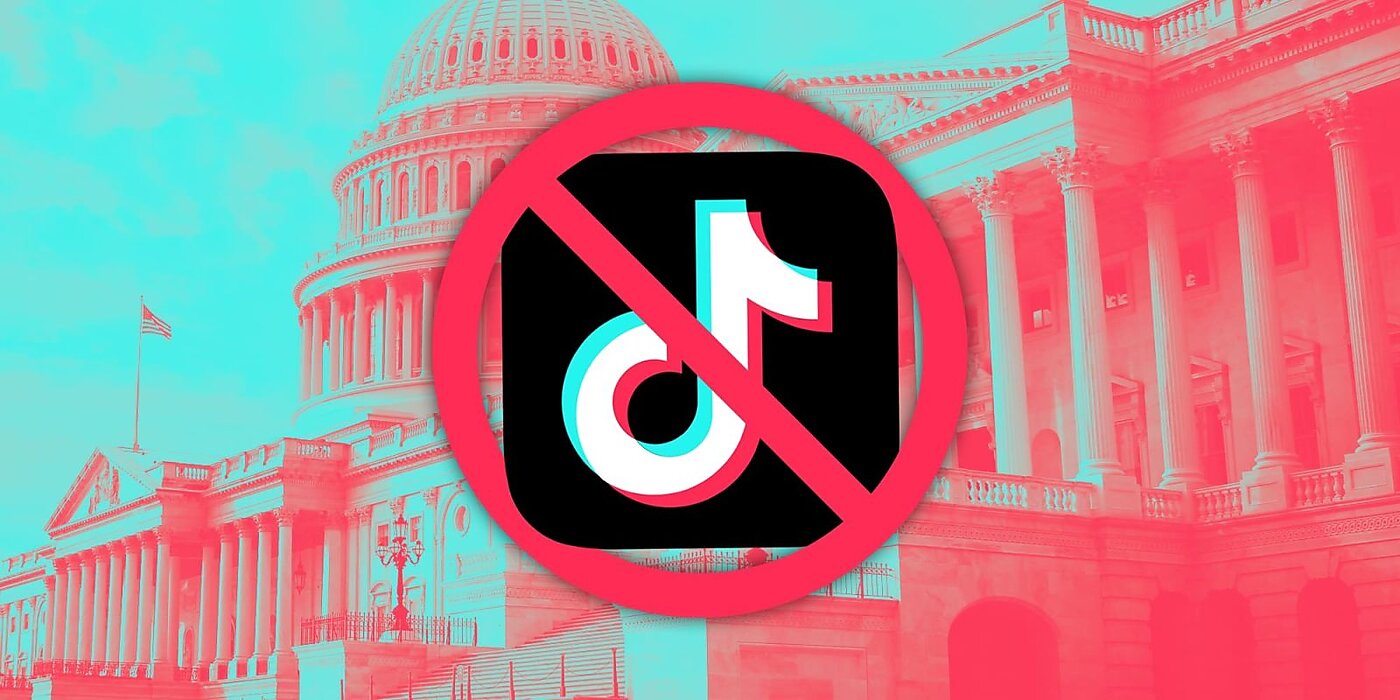TikTok Roped Into Tariff War

by Laurika Pich ‘27
 Recently, the social media app TikTok has been caught in the crossfire between the two economic powerhouses of the United States and China. For years, the United States has been concerned that the Chinese government is using TikTok, owned by Chinese company ByteDance, for spying as well as political manipulation.
Recently, the social media app TikTok has been caught in the crossfire between the two economic powerhouses of the United States and China. For years, the United States has been concerned that the Chinese government is using TikTok, owned by Chinese company ByteDance, for spying as well as political manipulation.
To avoid these complications, Tiktok is set to be separated from its Chinese owner to avoid a ban in the United States, or to find a new American owner, such as bidders “Shark Tank” star Kevin O’Leary (along with billionaire Frank McCort), and Amazon, which have put in a last-minute offer for the app. Additional investors would be brought on to reduce the number of Chinese investors due to a U.S. federal law, upheld by the Supreme Court, calling for no more than 20 percent of TikTok or its parent company to be owned by people or corporations in foreign adversary countries, which includes China. However, Trump in his first day as president paused the enforcement of the popular app by extending the TikTok ban deadline first to April 5 before announcing a second extension to June 19.
The Trump administration reportedly is finalizing a deal to secure U.S. assets of TikTok, where Trump is to sign an order initiating a 120-day period for closing the deal, allowing time to finish paperwork and cement financing. Instead of granting full ownership of the app, Bytedance and officials in Washington had set a new ownership structure where investors would own 50 percent of an American TikTok entity, while Chinese owners would retain less than 20 percent.
But then these plans fell apart when Trump issued his global tariffs that same week in early April, raising baseline tariffs on Chinese imports to 145 percent. China then implemented retaliatory tariffs as a way to combat Trump’s by imposing a minimum 125-percent tariff on U.S. goods and restricting exports of rare earths critical to high-tech industries.
However, the two countries announced on May 11 that they would step back from the high tariffs due to them paralyzing the trade between the world’s two largest economies. Both agreed to lower the tariffs for 90 days following talks in Geneva over the weekend. The tax on Chinese imports to the United States will drop from 145 percent to 30 percent while the tariff China charges on U.S. goods will fall from 125 percent to 10 percent. Given all the uncertainty over tariffs, what will happen next with the ownership of TikTok is anyone’s guess. In the meantime, TikTok remains available in the United States.